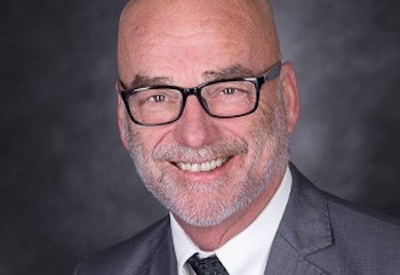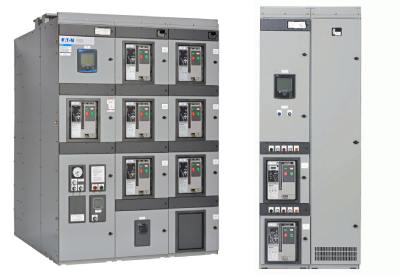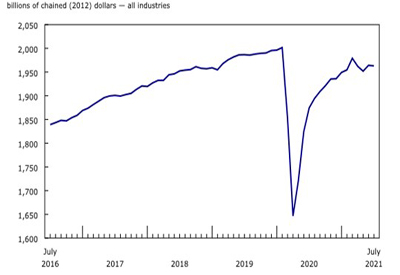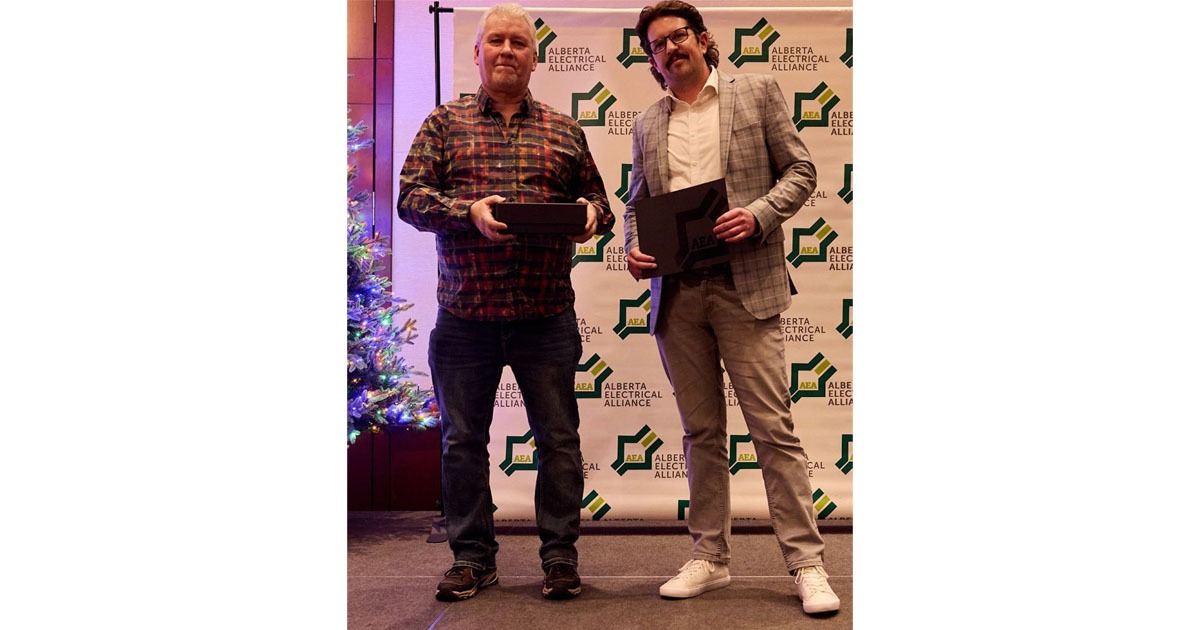There Will Always Be a Need for More Service

November 9, 2017
By Rick McCarten
I was fortunate enough to attend a recent technical meeting that focused on barn fires caused by overheated wires that come into contact with flammable objects. It was noted at this meeting that most of these barn fires occur in Ontario, and 40% are due to human error and environmental factors. Barns are considered hazardous locations that receive lots of malus. People misuse power, foreign items find their way into panels and switches, and barn environments have a lot of humidity, water and, of course, animals, which create waste and chemicals that can corrode connections.
Many of the farmers at this meeting complained that the hazardous-proof materials they need are difficult to find; not available at local distributor branches. They also expressed concern with the vague definitions of what a barn is, versus a shed or a commercial building. Loosely defined measures make it difficult for inspectors to enforce rules.
I can only imagine how many farms across Canada would be shut down if provincial electrical inspection agencies were to treat barns to the same standards as urban commercial factories.
Interestingly enough, this is where farming is going. The “pig farmers” around the table call themselves “pork producers.” Their operations are getting larger, and they should be treated like a commercial factory on all levels — workforce safety, cleanliness and electrical safety.
So, back to the farmers’ complaint that they can’t get hazardous proof material from the supply chain. I can see how this works out. When a farmer needs a receptacle for hazardous locations, they visit a local branch, which may not carry the receptacle they need. If a branch does carry the products, the price is restrictive so the farmer often settles for an alternative and the sales and inventory system doesn’t record the need. A branch doesn’t stock it, special orders cost more money, which deters further demand. All well and good until the barn burns down.
It seems to be me that there is an opportunity to turn this around. It involves changing our mind set and the way we understand the market. EFC’s next research study will be on the supply chain, and one of the areas that we will explore will be how to improve visibility within the supply chain. Each channel partner needs to not only know about their customer, they need to understand their customer’s customer. Manufacturers need to know the needs of contractors, and distributors need to know the needs of their contractor’s customer. With e-Commerce trends in our industry, the gap that lies in the path of internet sales is the assumption that our channel knows what the end customer needs, and that the customer even knows what they need.
Our industry might want to begin exploring the farming industry. What are the specific requirements for a modern pig barn? How can distributors standardize packages for them? Can a customer become the expert in pig barns for Ontario? It is up to our industry to encourage more safety and better installations, which will ultimately result in the sales of more products at the right locations.
Is the farming market big enough? I can’t tell. However, I do know that this industry needs more service.
Rick McCarten is VP, Operations, Electro-Federation Canada.











